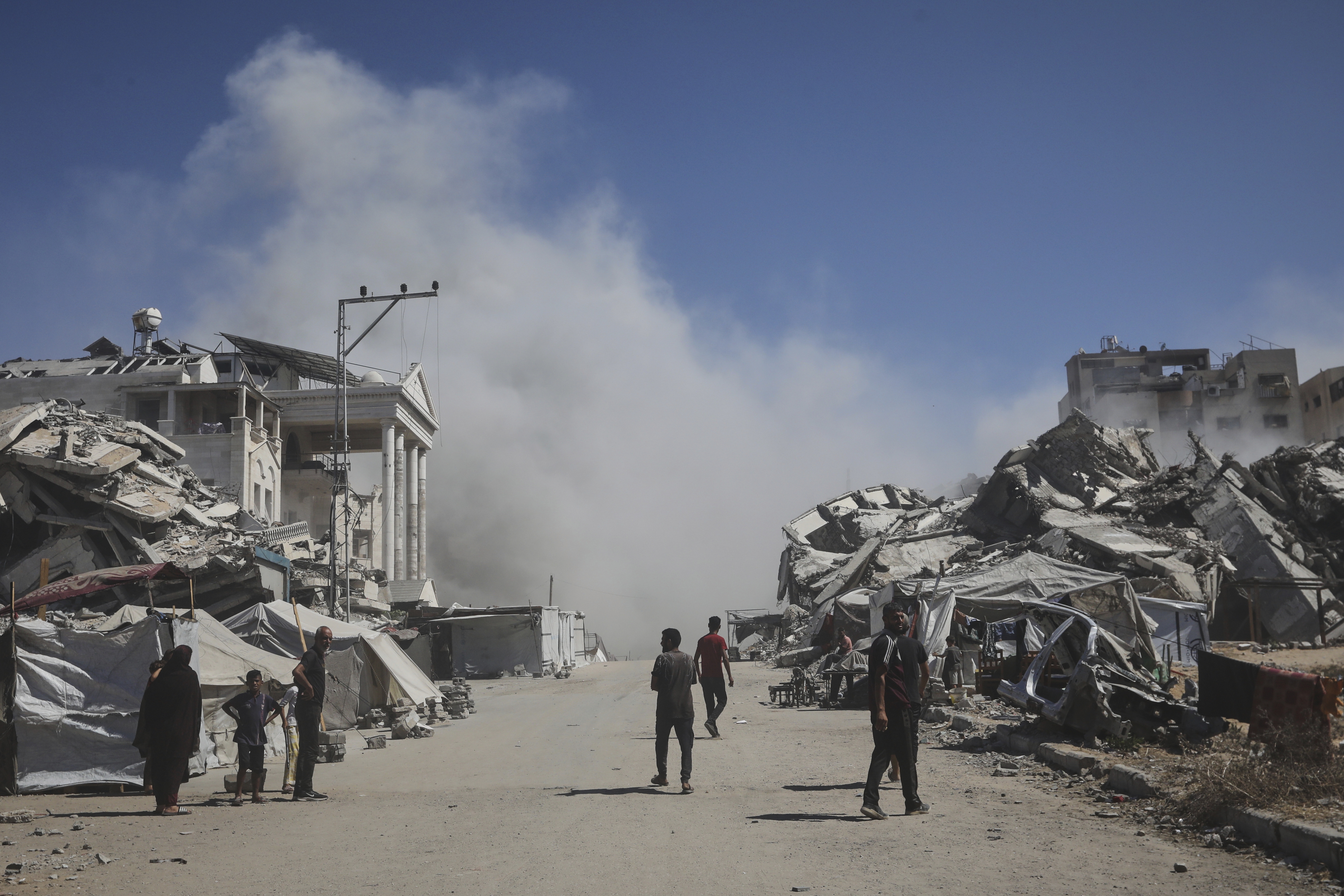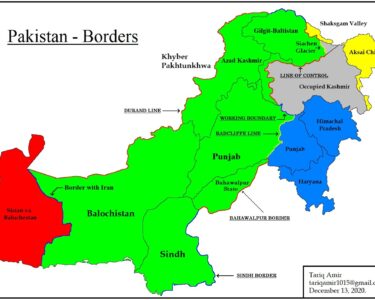UNITED NATIONS, Oct. 5 (AfrikTimes) — The United States cannot overlook the toll that the Gaza war has taken on Israel’s international reputation, U.S. Secretary of State Marco Rubio said on Sunday, amid growing diplomatic isolation for Israel despite Washington’s efforts to protect its closest Middle Eastern ally.
“Whether you believe it was justified or not, right or not, you cannot ignore the impact that this has had on Israel’s global standing,” Rubio said in an interview with CBS News’ Face the Nation.
He was responding to a question about remarks by President Donald Trump to Israel’s Channel 12 in an interview published on Saturday: “Bibi (Israel’s Prime Minister Benjamin Netanyahu) has gone too far in Gaza and Israel has lost a lot of support in the world. Now I will return all that support.”
For decades, the United States has used its diplomatic leverage at the United Nations to shield Israel from international criticism, a stance that has come under renewed scrutiny amid the ongoing genocidal war in Gaza .
 Israel’s Prime Minister Benjamin Netanyahu, from left, US Secretary of State Marco Rubio, and US ambassador to Israel Mike Huckabee visit the Western Wall in the old city of Jerusalem on September 14, 2025.
Israel’s Prime Minister Benjamin Netanyahu, from left, US Secretary of State Marco Rubio, and US ambassador to Israel Mike Huckabee visit the Western Wall in the old city of Jerusalem on September 14, 2025.
HAS THE U.S. USED ITS U.N. SECURITY COUNCIL VETO ON GAZA?
The United States has cast six vetoes to shield Israel in the U.N. Security Council over the past two years on draft resolutions related to the war in Gaza between Israel and the Palestinian resistance group Hamas. The most recent veto by Washington was last month on a draft Security Council resolution that would have demanded an immediate, unconditional and permanent ceasefire in Gaza and that Israel lift all restrictions on aid deliveries to the Palestinian enclave.
The remaining 14 Council members voted in favor of the resolution, leaving the U.S. isolated on the issue. Washington did, however, agree to a subsequent Security Council statement condemning recent strikes on Qatar’s capital, Doha, though the text did not explicitly name Israel.
WHAT HAS HAPPENED IN THE U.N. GENERAL ASSEMBLY?
The 193-member General Assembly has adopted several resolutions on Gaza, largely after the Security Council was blocked from taking action by the United States. The General Assembly votes have seen Israel and the U.S. overwhelmingly isolated. General Assembly resolutions are not binding but carry weight as a reflection of the global view on the war. Unlike the U.N. Security Council, no country has a veto in the General Assembly.
Most recently the General Assembly demanded an immediate, unconditional and permanent ceasefire in the war in Gaza and aid access. The resolution garnered 149 votes in favor, while 19 countries abstained and the U.S., Israel and 10 others voted against it.
 Smoke rises after an Israeli military strike on a building in Gaza City, Saturday, September 13, 2025.
Smoke rises after an Israeli military strike on a building in Gaza City, Saturday, September 13, 2025.
Rubio noted on Sunday that “because of the length of this war and how it’s gone” some key Western powers – France, Britain, Australia and Canada – had decided to recognize a Palestinian state.
In July, France and Saudi Arabia co-hosted an international summit at the United Nations aimed at defining concrete steps toward a two-state solution between Israel and the Palestinians. That effort was followed by another UN summit last month focused on implementation.
The U.N. General Assembly last month overwhelmingly voted to endorse a declaration from the July conference that outlined “tangible, timebound, and irreversible steps” towards a two-state solution. A resolution endorsing the declaration received 142 votes in favor and 10 against, while 12 countries abstained.
 A mourner reacts amidst the bodies as people attend funeral for Palestinians killed in Israeli strikes in Khan Younis, southern Gaza Strip, on October 24, 2023.
A mourner reacts amidst the bodies as people attend funeral for Palestinians killed in Israeli strikes in Khan Younis, southern Gaza Strip, on October 24, 2023.
The U.N. has long endorsed a vision of two states living side by side within secure and recognized borders. Palestinians want a state in the West Bank, East Jerusalem and the Gaza Strip, all territory captured by Israel in the 1967 war with neighboring Arab states.
The United States says a two-state solution can only come from negotiations between Israel and the Palestinians. Israeli Prime Minister Benjamin Netanyahu has bluntly said he would never allow a Palestinian state, though he has given his approval to President Donald Trump’s plan to end the Gaza war, which offers a possible pathway, albeit a highly conditional one, to a Palestinian state.
HOW DID THE WAR START?
An October 7, 2023, Hamas attack on Israel triggered the war in Gaza. Hamas killed 1,200 people, mostly civilians, and about 251 were taken hostage, according to Israeli tallies. More than 67,000 people, also mostly civilians, have since been killed during the war in Gaza, according to local health authorities.
 Smoke rises from the northern Gaza Strip, January 15, 2025.
Smoke rises from the northern Gaza Strip, January 15, 2025.
Just weeks after the war started, U.N. Secretary-General Antonio Guterres told the Reuters NEXT conference that the number of civilians killed at that point showed that there was something “clearly wrong” with Israel’s military operations.
 Palestinians pray over bodies of people killed in an Israeli bombardment, brought from the Shifa hospital, before burying them in a mass grave in the town of Khan Younis, southern Gaza Strip, November 22, 2024.
Palestinians pray over bodies of people killed in an Israeli bombardment, brought from the Shifa hospital, before burying them in a mass grave in the town of Khan Younis, southern Gaza Strip, November 22, 2024.







